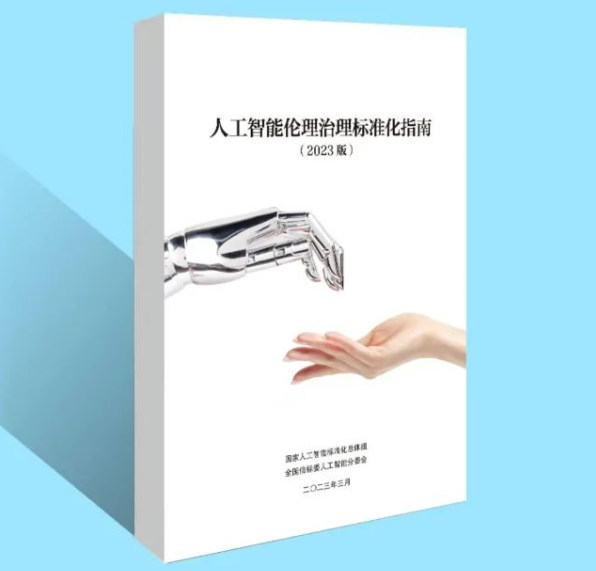Schwarzman: Artificial Intelligence Enlightenment Comes From Jack Ma, And There Are Five Core Principles For The Development Of AI Ethics
Schwarzman: Artificial Intelligence Enlightenment Comes From Jack Ma, And There Are Five Core Principles For The Development Of AI Ethics
China News Service, Beijing, July 9 The 2020 World Artificial Intelligence Conference Cloud Summit opened on the 9th. Blackstone Group Chairman, CEO and Co-founder Su Shimin shared his ideas on artificial intelligence during the opening ceremony live link and recalled his past experience in contact with artificial intelligence.
China News Service, Beijing, July 9 (Xiabin) The 2020 World Artificial Intelligence Conference Cloud Summit opened on the 9th. Blackstone Group Chairman, CEO and Co-founder Su Shimin shared his ideas on artificial intelligence during the opening ceremony live link and recalled his past experience in contact with artificial intelligence.
"My enlightenment in artificial intelligence was originally from Jack Ma. We are all members of the Advisory Committee of the School of Economics and Management of Tsinghua University." Su Shimin said that Jack Ma said that artificial intelligence is a revolutionary new technology that will change almost every one of the human world. field. Jack Ma also mentioned that there are great differences in the industry on the issue of "Artificial intelligence will become a positive force, or it will become a negative force, and then interfere with the lives of organizations and people."
Su Shimin said, I believe Jack Ma’s observation is correct. How to responsibly leverage the unlimited potential of AI is a key challenge that the world is facing, and I want to do something about it. Therefore, I decided to provide MIT with $350 million in startup funding to open the Schwarzman School of Computer Science, which will focus on interdisciplinary research and development of artificial intelligence, as well as research on related ethical and policy considerations.
Su Shimin said that in recent years, many organizations around the world have issued principles and guidelines for the development of artificial intelligence ethics, providing a good starting point for global discussions. Despite the complex regional and cultural differences in the interpretation and relative importance of certain issues, as well as the implementation opinions, the global consensus appears to be on the following core principles: transparency, fairness, security, responsibility and privacy.
The first is the principle of transparency, which requires the creation of an artificial intelligence system that is easy to explain, interpret, auditable, and supervised during the design and implementation process. Artificial intelligence systems and software cannot just become black boxes, we need to be able to easily understand where, when, and how the system can be used.
The second is the principle of fairness. Technology should not exacerbate inequality, prejudice and discrimination, but should promote inclusion and benefit as many people as possible.
The third is the principle of safety. Artificial intelligence technology should never cause foreseeable or unexpected damage. Artificial intelligence technology should be designed with reliability and not susceptible to damage.
Fourth, the principle of responsibility. If decisions made by AI systems lead to problems, responsibilities need to be clarified and mandatory remediation should be carried out if necessary. Meanwhile, researchers and developers need to consider all the risks of AI technology and prove that they have taken concrete actions to reduce the risks.
Finally, there is the principle of privacy. Because so many AI applications rely on data, appropriate mechanisms are needed to protect people's rights, interests and personal privacy information. Artificial intelligence systems need to disclose how to use, store and protect personal information in an easy-to-understand way, and users should be able to revoke their right to use personal information at any time.
"The sooner these principles are coordinated and applied through common governance structures, the more likely it is to avoid the negative consequences of artificial intelligence." Su Shimin stressed that revolutionary technologies, especially dual-use technologies such as artificial intelligence, require people, especially Those experts who develop these technologies pay great attention. Even in the face of inevitable and unprecedented new pressures, I still hope that everyone will follow the principles of peace and stability, inclusiveness and security. (over)





